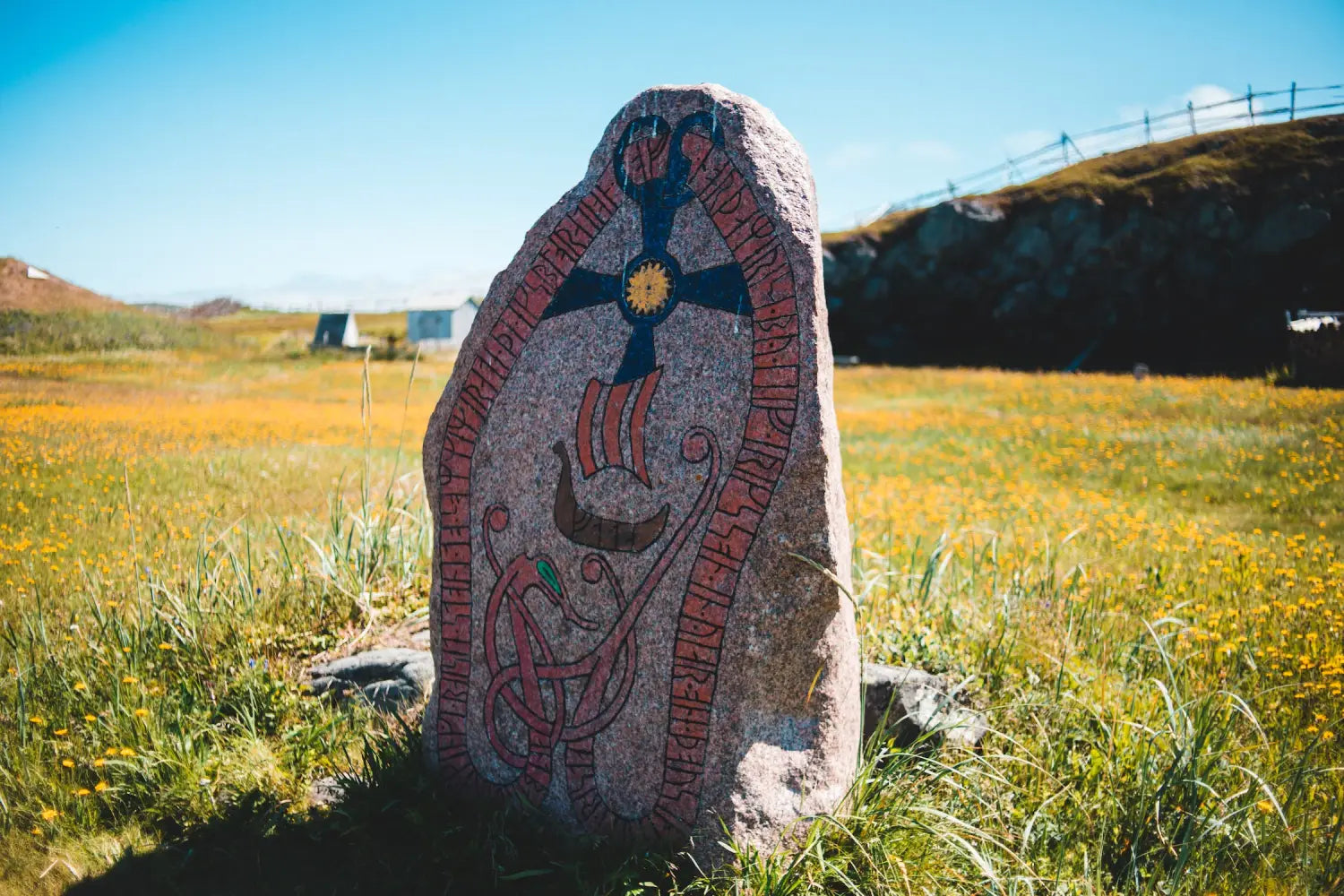Viking Religion: Understanding the Old Norse Religion and Its Importance in Viking Culture
The Vikings are known for their fierce warrior spirit, their love for exploration and their unique culture. But did you know that the Vikings also had their own religion? The Viking religion, also known as the old Norse religion, was an important part of Viking culture and played a significant role in shaping the beliefs and traditions of the Vikings. £10 gift vouchers available.
The Viking religion was a polytheistic religion, which means that the Vikings believed in multiple gods and goddesses. The most important gods in the Viking religion were Odin, Thor and Freya. Odin was the god of war, wisdom and death, while Thor was the god of thunder and strength. Freya was the goddess of love, fertility and war.
The Vikings believed that their gods lived in a place called Asgard, which was connected to Midgard, the world of humans, by a rainbow bridge called Bifrost. They also believed in a place called Hel, which was the underworld where the dead went after they died. See all viking gifts here.
One of the most important rituals in the Viking religion was the sacrifice. The Vikings believed that by sacrificing animals or humans to their gods, they could gain their favor and protection. The most common form of sacrifice was the blood sacrifice, where the animal or human was killed and its blood was offered to the gods.
Another important aspect of the Viking religion was the belief in fate. The Vikings believed that their lives were predetermined by the gods and that they could not change their destiny. This belief in fate gave the Vikings a sense of purpose and direction in life.
The Viking religion was not only a spiritual practice, but also a way of life. It influenced everything from the way the Vikings lived and worked to the way they fought and died. The Vikings believed that by living a virtuous life and dying in battle, they could earn a place in Valhalla, the hall of the slain, where they would spend eternity feasting and fighting with the gods.
In conclusion, the Viking religion was an important part of Viking culture and played a significant role in shaping the beliefs and traditions of the Vikings. It was a polytheistic religion that emphasized sacrifice, fate and the importance of living a virtuous life. Today, the old Norse religion is still practiced by some modern-day pagans who seek to connect with their Viking ancestors and honor their traditions.


Share:
The Arts of the Vikings
Viking Tattoos, Norse Mythology, Thor, the Valknut, and the Rune Stones